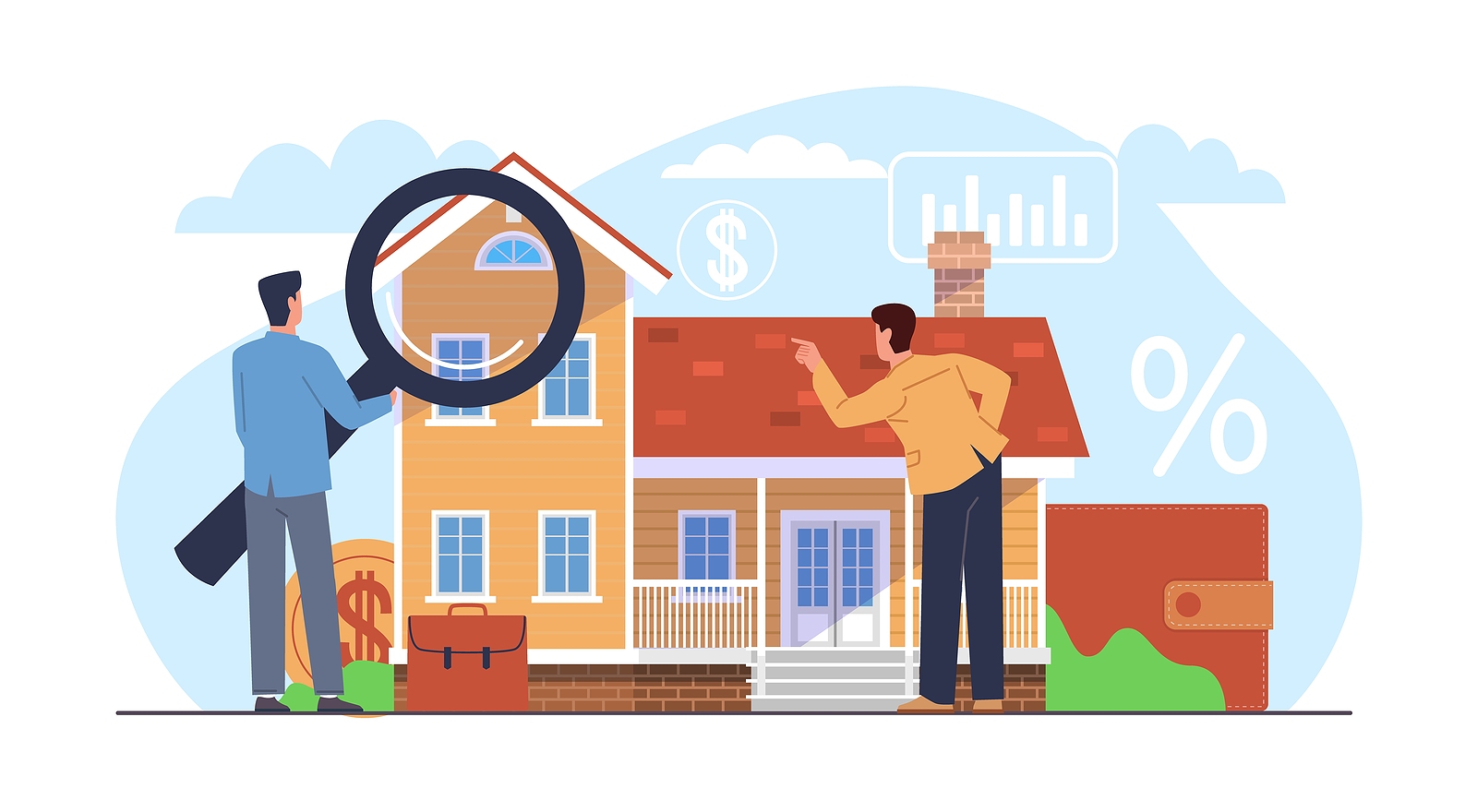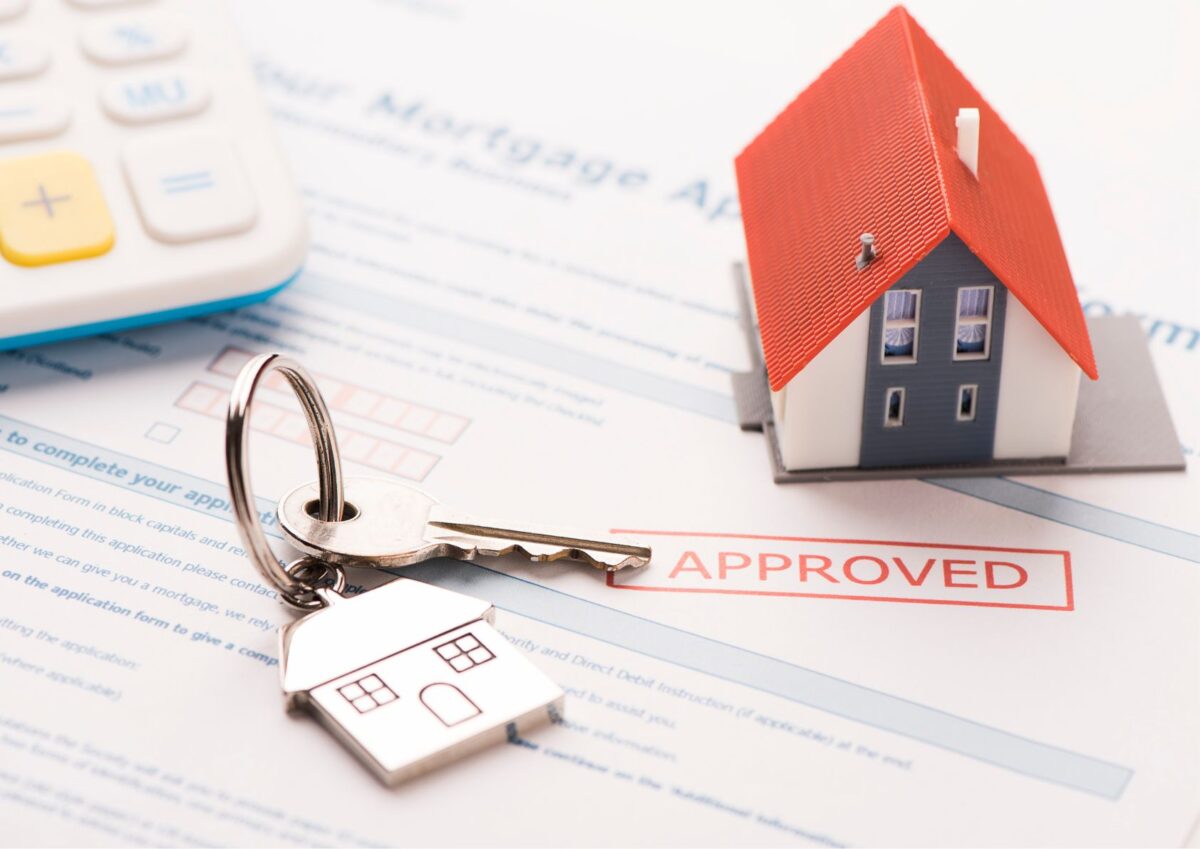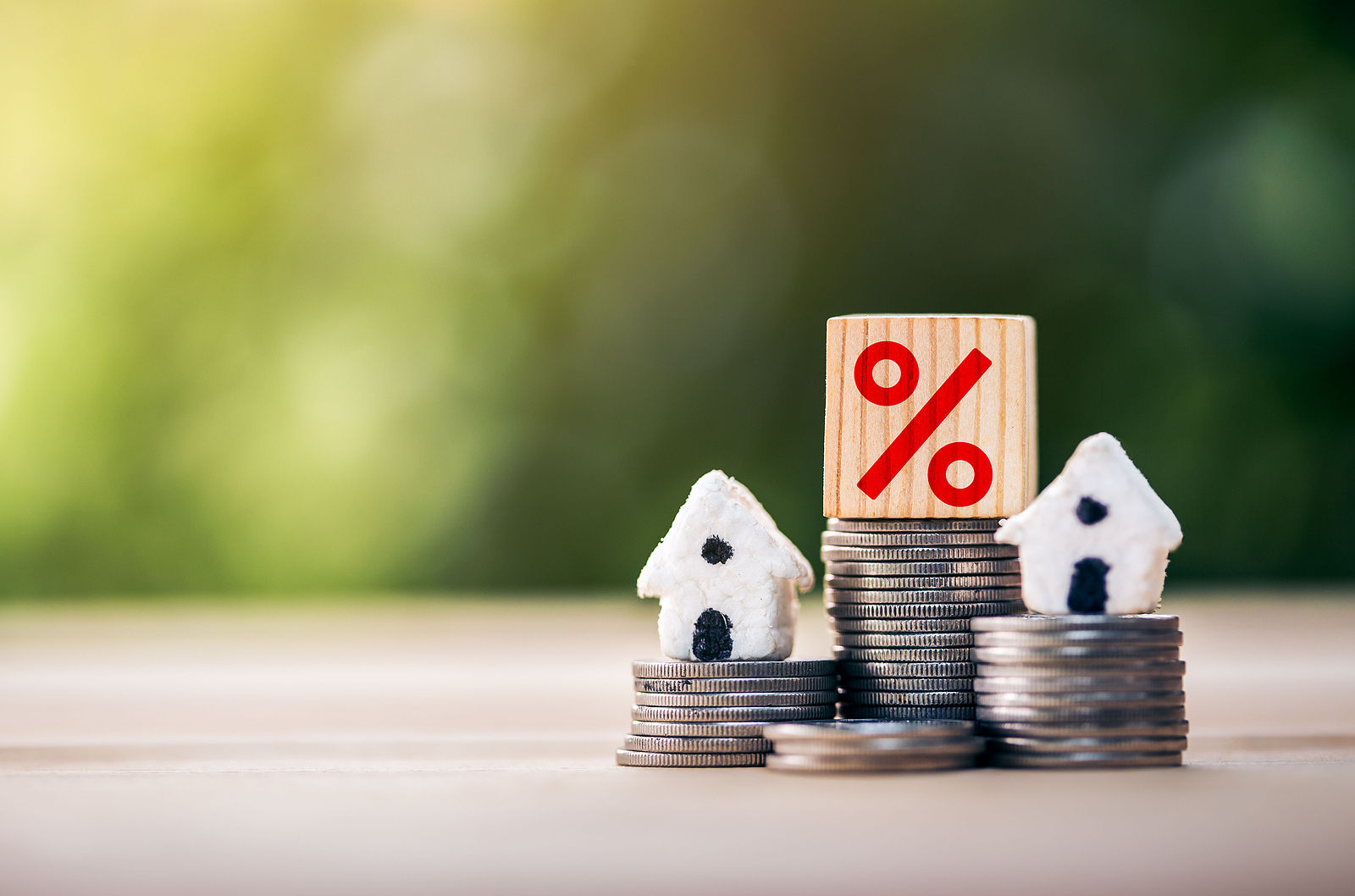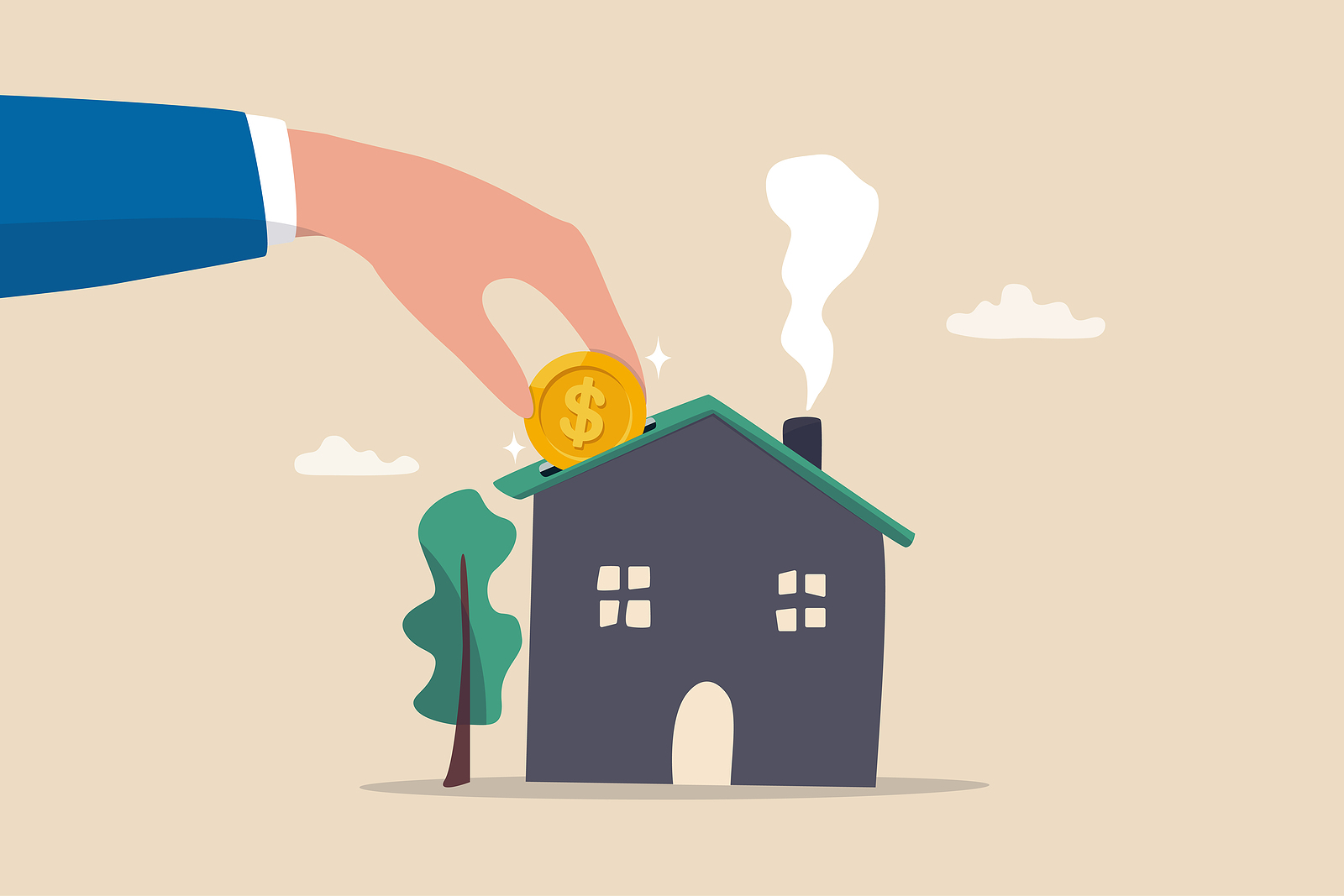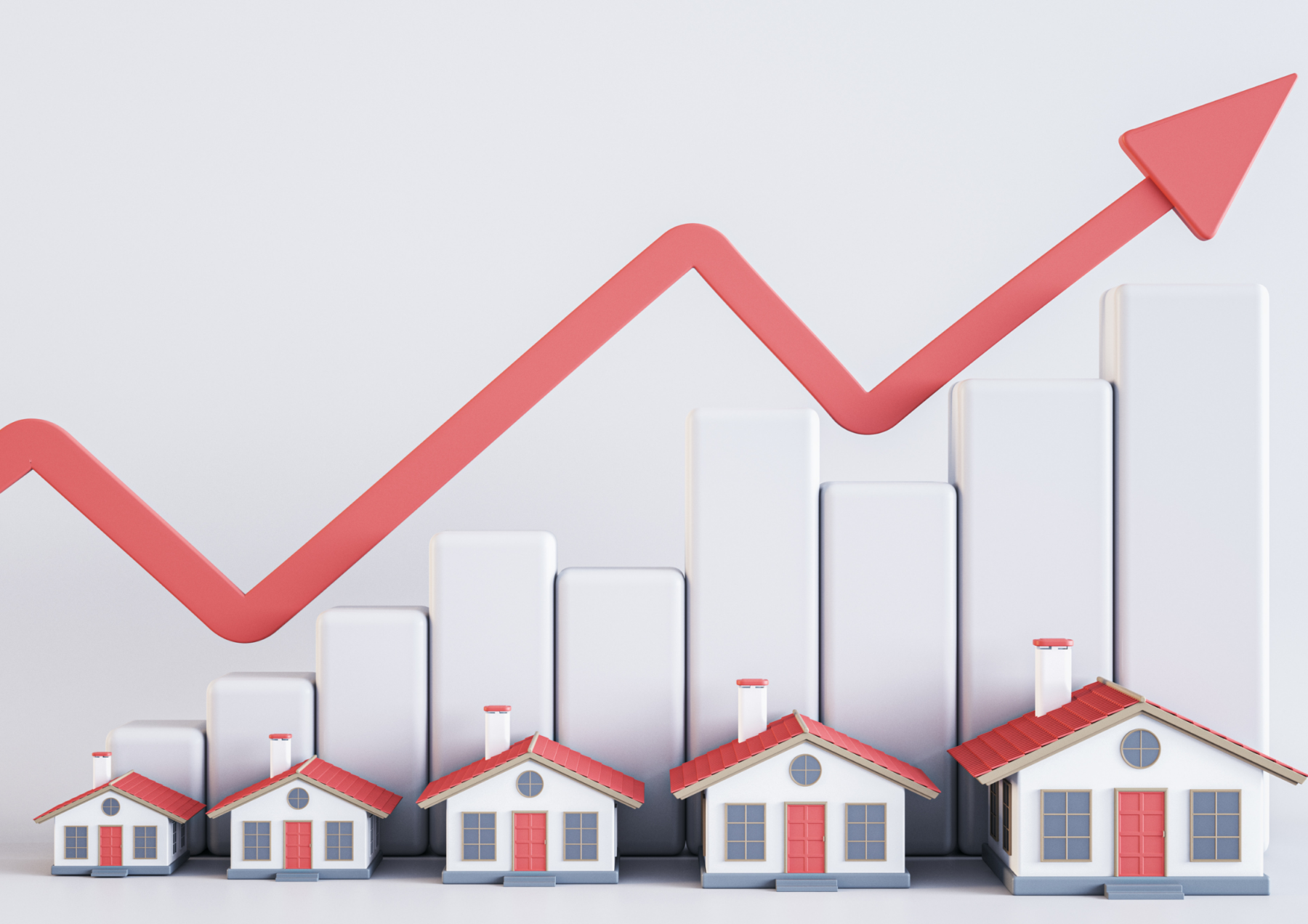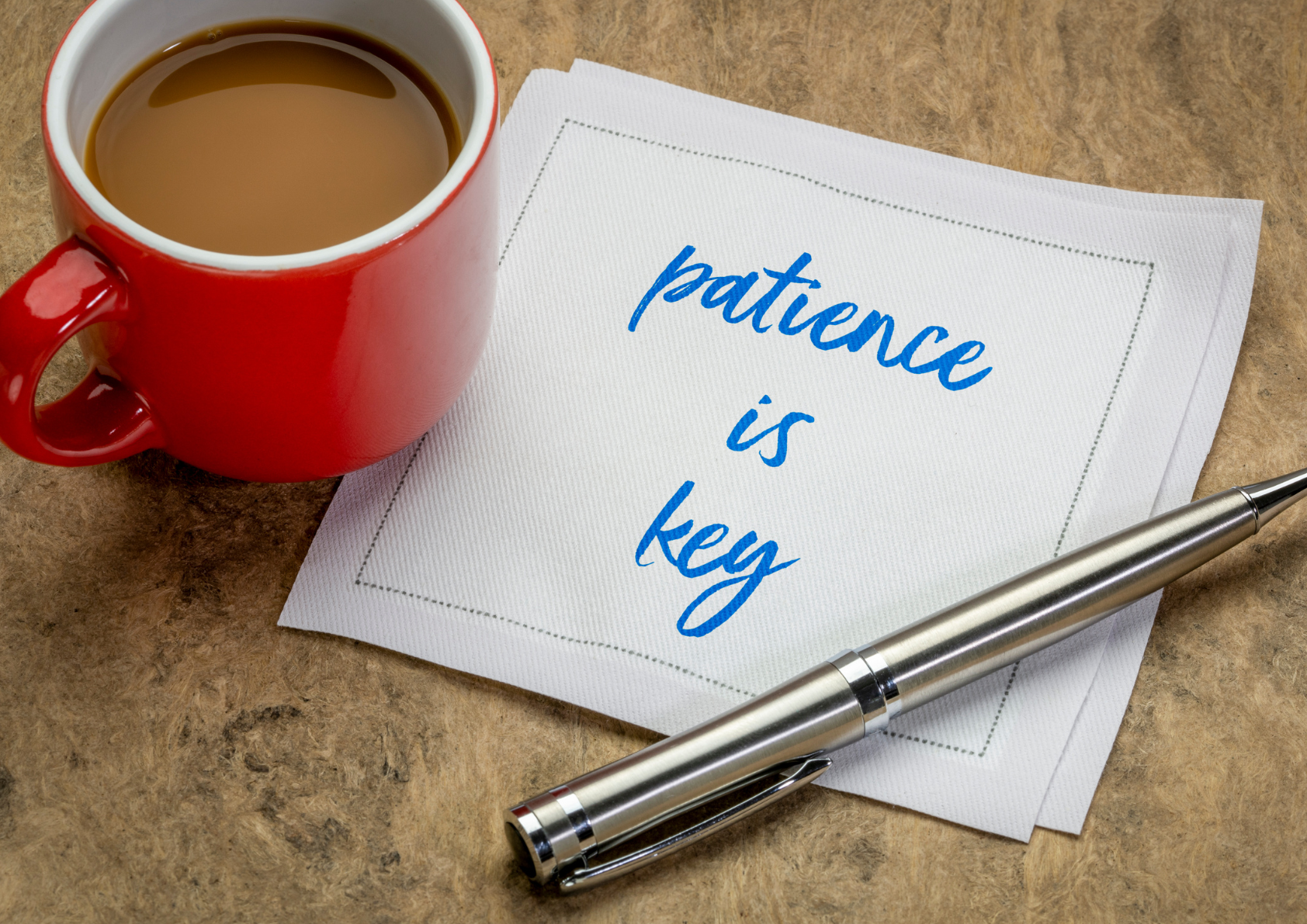When you’re preparing to buy or sell a home, understanding the home appraisal process becomes essential. Whether you’re a first-time buyer or a seasoned investor, knowing what to expect during the home appraisal process helps you avoid surprises and stay confident. In this post, you’ll learn what an appraisal is, how it works step-by-step, how current market trends affect it, and what practical tips you can use to make the most of it.
What is a Home Appraisal and Why Does It Matter
The home appraisal process is a professional evaluation of a property’s fair market value, typically ordered by the lender to ensure the amount being borrowed aligns with the home’s true worth. For anyone tracking current real estate trends, appraisal values are a key indicator; they reflect what similar homes are selling for today and help safeguard purchases, sales, or refinances. Understanding this stage of real estate transactions gives you more control over timing, negotiations, and strategy.
Step-by-Step: What to Expect During the Home Appraisal Process
In the home appraisal process, you’ll encounter a predictable series of steps, so it helps to be ready. First, once the buyer’s offer is accepted and financing is underway, the lender orders the appraisal. Next, the licensed appraiser visits the property (or sometimes uses alternate methods such as a drive-by or desktop review) and inspects both exterior and interior, taking measurements, photos and noting condition and features. Then the appraiser researches comparable sales (“comps”) in the neighborhood from recent months to anchor the market value. Finally, the appraiser submits a report to the lender with the value and relevant data; if the appraisal comes in at or above the contract price, things move toward closing, but if it’s lower you may need to renegotiate or bring additional funds. For home sellers and buyers alike, knowing how the home appraisal process works means fewer last-minute changes and more realistic expectations.
What Appraisers Look For and How Market Trends Play In
During the home appraisal process, the appraiser evaluates a number of property-specific and market factors. They’ll look at: size (square footage, number of bedrooms/bathrooms), the home’s condition (age, upgrades, deferred maintenance), the lot size, neighborhood characteristics and recent comparable sales. In today’s real estate market, trends matter too: high demand, low inventory, and bidding wars can push sale prices above what comps suggest, meaning the home appraisal process may reveal an “appraisal gap” where the agreed price exceeds the appraisal value. According to a recent survey, in balanced markets, appraisals under contract price occur about 7-9% of the time; delays due to appraisal issues affected roughly 6% of closings in June 2025. So, staying attuned to current local market trends helps you understand where your appraisal might land and gives insight into what adjustments you might need to build in.
Tips to Prepare and Make the Home Appraisal Process Work for You
Since the home appraisal process influences how smoothly your transaction goes, here are actionable tips: For sellers: tidy up landscaping, clear clutter, document recent upgrades (e.g., new roof, HVAC, windows), and make sure all rooms are accessible during inspection. For buyers: build a realistic budget, including the possibility of renegotiation if appraisal comes in low, include an appraisal contingency if possible, and work with your agent to understand regional comps. During the home appraisal process, whether you’re buying or selling, staying flexible pays off. If the appraisal comes in below the contract price, options include renegotiating the purchase price, asking the seller to make up the difference, or canceling the contract if the appraised value is a deal-breaker. Being proactive means you’re not caught off guard when the appraisal report lands.
Final Thoughts on the Home Appraisal Process
In today’s dynamic real estate landscape, understanding what to expect during the home appraisal process gives you an edge. From how the appraiser evaluates comps and condition, to how market trends and demand can affect value, staying informed helps you navigate transactions with confidence. Whether you’re prepping a home to sell or gearing up to buy, remembering the key stages of the home appraisal process and what the appraiser is looking for means you’re better prepared and better positioned for a smooth closing.


